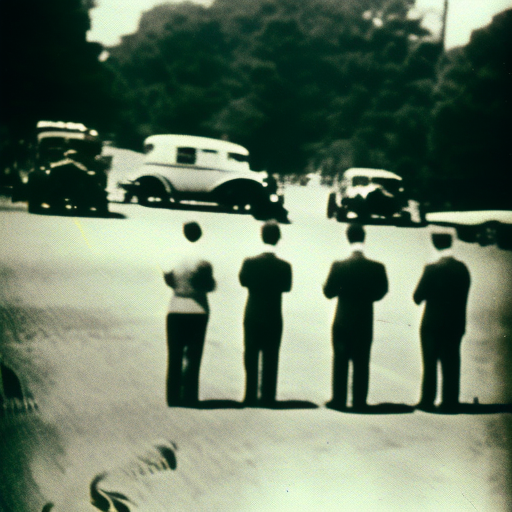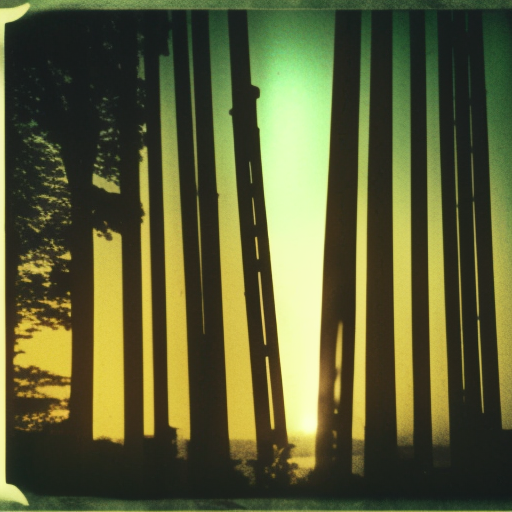The Scopes Trial (1925)
The Scopes Trial, also known as the “Monkey Trial,” was a highly publicized legal case that took place in Dayton, Tennessee, in 1925. The trial centered around the teaching of evolution in public schools and became a significant cultural and legal event in American history.
Background
In the early 20th century, the theory of evolution proposed by Charles Darwin faced significant opposition from religious fundamentalists who believed in a literal interpretation of the Bible. Many states, including Tennessee, had passed laws prohibiting the teaching of evolution in public schools.
The Butler Act
In 1925, the Tennessee legislature passed the Butler Act, which made it unlawful for any teacher in a public school to teach any theory that denied the biblical account of the creation of man. This law directly targeted the teaching of evolution and set the stage for the Scopes Trial.
The Trial
The trial began when John T. Scopes, a high school biology teacher, agreed to be indicted for violating the Butler Act by teaching evolution in his classroom. The American Civil Liberties Union (ACLU) saw an opportunity to challenge the law and enlisted the renowned lawyer Clarence Darrow to defend Scopes.
The prosecution was led by William Jennings Bryan, a prominent politician and fundamentalist Christian. The trial attracted national attention, with reporters from across the country covering the proceedings.
The trial became a clash between science and religion, with Darrow arguing for the right to teach evolution as a scientific theory and Bryan defending the biblical account of creation. The courtroom was packed with spectators, and the trial was broadcast on the radio, making it one of the first media spectacles of its kind.
The Verdict
After a week-long trial, John T. Scopes was found guilty of violating the Butler Act. He was fined $100, although the verdict was later overturned on a technicality. The trial did not resolve the issue of whether the teaching of evolution should be allowed in public schools, but it did bring the debate into the national spotlight.
Legacy
The Scopes Trial had a lasting impact on the public perception of the teaching of evolution in the United States. While the immediate outcome favored the opponents of evolution, the trial highlighted the tension between science and religion in American society.
The trial also marked a turning point in the public’s acceptance of evolution. It exposed the flaws in the arguments put forth by the prosecution and demonstrated the growing acceptance of scientific theories among the general population.
In the years following the trial, many states repealed their laws prohibiting the teaching of evolution, and the scientific community continued to advocate for the inclusion of evolution in school curricula.
The Scopes Trial remains a significant event in American history, symbolizing the ongoing struggle between science and religion, and the tension between freedom of speech and the limits of government intervention in education. It serves as a reminder of the importance of intellectual freedom and the pursuit of knowledge in a democratic society.












